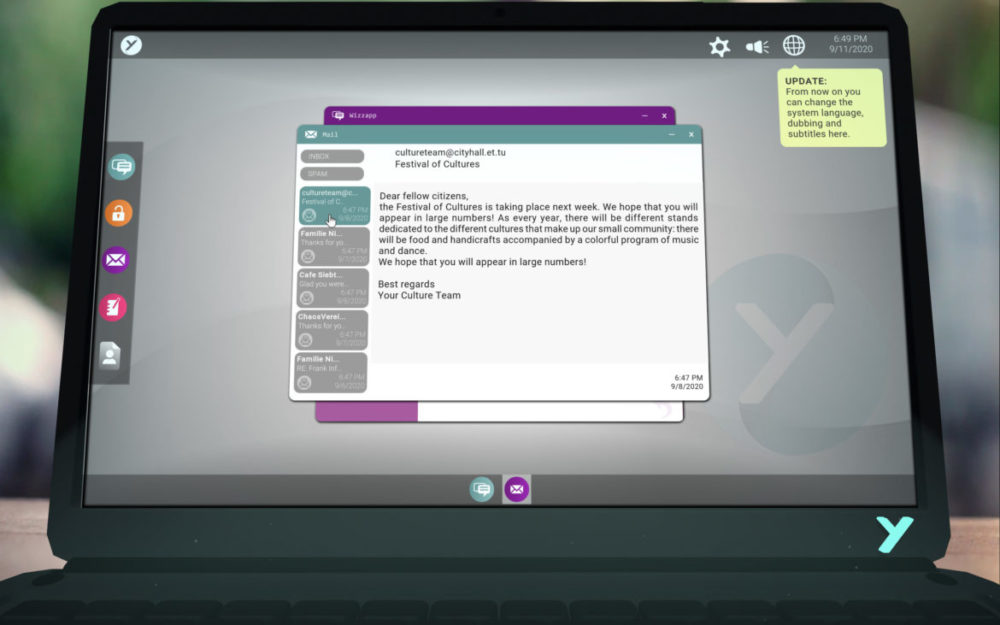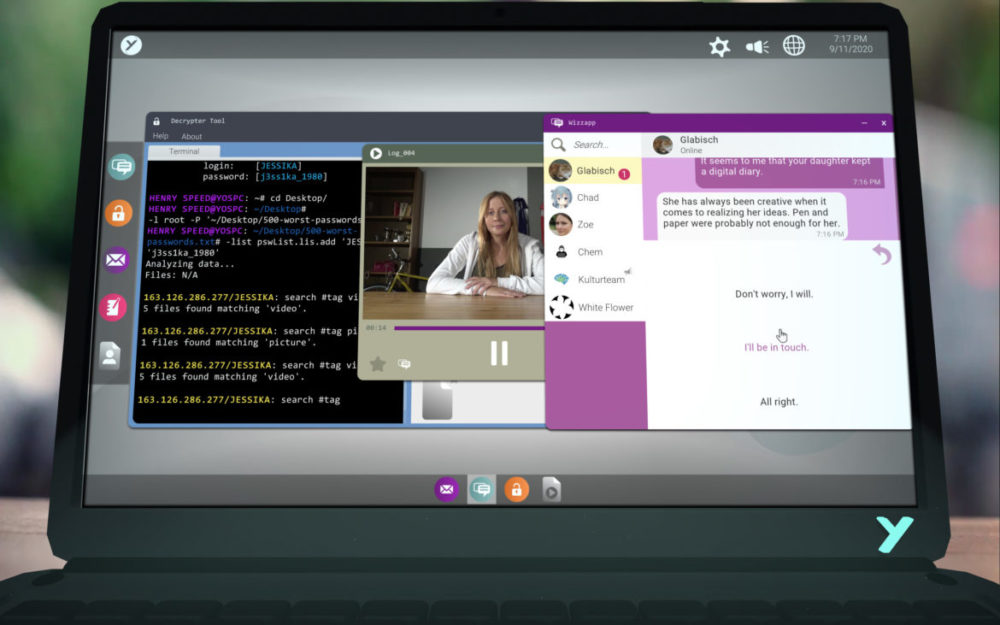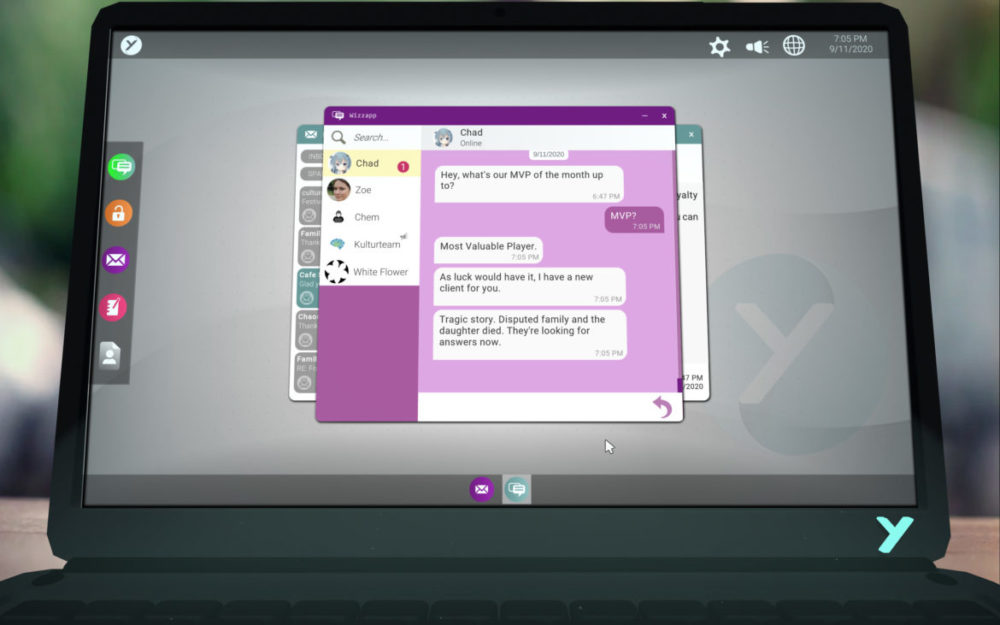TL;DR
Step into a German café and dive into the mysterious digital life of Jessika, a deceased woman whose computer you've remotely accessed. Your mission: piece together the truth of her death by sifting through her photos, videos, and files. While the premise is captivating and offers a truly unique investigative experience, the gameplay mechanics can be a bit clunky, from a puzzling initial password entry to occasional bugs that might force restarts. The acting quality varies, but the core mystery and the thrill of uncovering secrets make for a tense and engaging journey. If you enjoy uncovering clues and solving digital puzzles, this innovative game might be for you. Ready to crack the case? Dive into the full review to see if Jessika's digital world is worth exploring.
Imagine yourself in a German café, equipped only with your laptop. You receive an assignment: to investigate the circumstances surrounding Jessika’s death. Your sole resource is a remote connection to her computer. Your task is to sift through her photos, videos, and files to uncover the truth behind the incident.

The core concept of Jessika is intriguing; however, its execution is somewhat hampered by occasionally awkward game mechanics. The initial login sequence exemplifies this. The game indicates a six-digit password is required. Upon entering the digits, access is denied. Further investigation reveals that the word “password” must be prepended to the numerical sequence. The logic behind this requirement is not immediately apparent.
Once inside, the interface presents an email client, chat application, notepad, and a hacking tool. A new message in the chat initiates the investigation. Selecting “reply” provides three response options, setting the narrative in motion. The primary objective becomes clear: analyze Jessika’s digital footprint to ascertain the cause of her suicide. The initial setup is compelling and well-executed.

However, the quality of the acting in some of the video files proves inconsistent. The performances can be somewhat exaggerated, and the English dub features a noticeable German accent. Switching to the original German audio improves the experience marginally. Despite this, the game presents a considerable amount of information to process, and the tension escalates as you begin to analyze Jessika’s files, seeking clues about her life.

In conclusion, Jessika offers a genuinely unique gameplay experience, unlike anything previously encountered. Its potential is, however, limited by clunky and occasionally buggy mechanics. For instance, inadvertently closing a window can prevent re-access to the “login tab,” necessitating a complete restart. The game offers minimal guidance, rewarding players who prefer independent problem-solving. While the implementation could be refined, the ingenuity of the core concept warrants a positive assessment.
